Iran FM in Baghdad for talks amid terrorism resurgence in Syria
Iran’s Foreign Minister Abbas Araghchi has arrived in the Iraqi capital of Baghdad as part of his recent regional tours following the resurgence of terrorism in Syria.
Araghchi is set to hold a tripartite meeting with his Iraqi and Syrian counterparts, Fuad Hussein and Bassam Sabbagh, in Baghdad on Friday.
Terror outfits led by the Hayat Tahrir al-Sham (HTS) launched a large-scale assault in Syria last week, occupying some territories in the northwest of the Arab country.
In a post on his X account on Wednesday, Iranian Ambassador to Iraq Mohammad Kazem Al-e Sadegh said Araghchi's Baghdad visit "comes within the framework of regional coordination to deal with the wave of terrorism planned by the United States and the Zionist entity."
"The more coordination and cooperation between the countries of the region, the more limited the scope of the crisis in Syria will naturally be," he added.
A few days after the terror groups' resurgence in Idlib and Aleppo, Araghchi arrived in Damascus and met Syrian President Bashar al-Assad, pledging full-fledged support for Syria in its fight against terrorism.
After his short visit to Syria, Araghchi headed to Ankara and discussed the resurgence of terrorism in Syria and the anti-terror fight with his Turkish counterpart.
“The recent moves by terrorist groups in Syria and the spread of instability and insecurity in this country are in line with the Zionist goals,” Araghchi said Monday.
Araghchi has warned that the surprise offensive by terrorist groups in northwestern Syria could pose a more serious security threat to neighboring countries, such as Turkey and Iraq, than to Iran.
Iraqi fighters warn Syria’s terrorists
Abu Mohammad al-Julani, the commander of the Hayat Tahrir al-Sham, called on Iraq’s Prime Minister Mohammed Shia' al-Sudani “not to interfere in the conflict” and “not to allow forces from the [anti-terror resistance group] Popular Mobilization Forces to intervene in Syria”, Saudi Arabia's state-owned international Arabic news channel al-Arabiya cited him as saying on Thursday.
“The current confrontations in northern Syria will not extend to the Iraqi territories,” he claimed.
His remarks came after Kata'ib Hezbollah movement, a major Iraqi anti-terror group, urged Baghdad to send troops to Syria to support the Damascus government against the foreign-backed Takfiri terrorists.
Commenting on al-Julani’s remarks, Jafar al-Hussaini, a spokesman for Kata'ib Hezbollah, stressed the importance of the situation in Syria and its impact on Iraq.
“You must know that …the fighters know what Syria means to the present and future of Iraq and the Ummah,” he said, addressing al-Julani.
The Iraqis, he said, know that the terrorist groups have been incited “by the Zionist entity against the Syrian people and the axis of resistance,” warning that “Our great might affects the supporters before their tools.”
Syria’s armed forces continue to fight the foreign-backed terrorists in the northwestern part of the country, inflicting heavy losses on them.
Since March 2011, Syria has been gripped by a campaign of militancy and destruction sponsored by the US and its allies.
In recent years, however, Syrian government forces, backed by Russia and Iran, have managed to regain control over almost all regions.
US secretly deports migrants to Cameroon despite court protections
Israel intensifies crackdown at Al-Aqsa Mosque ahead of Ramadan
IRGC holds drills in Strait of Hormuz for second day
Iran FM: ‘Good progress’ made in latest round of indirect talks with US, 'clear path' ahead
US threatens Iraq with potential sanctions if Maliki returns as PM: Report
Iran and Russia’s quiet economic realignment
Iran Judiciary: EU resolution parrots counter-revolutionary claims
VIDEO | Aerial shots of floods in western France's Maine-et-Loire department


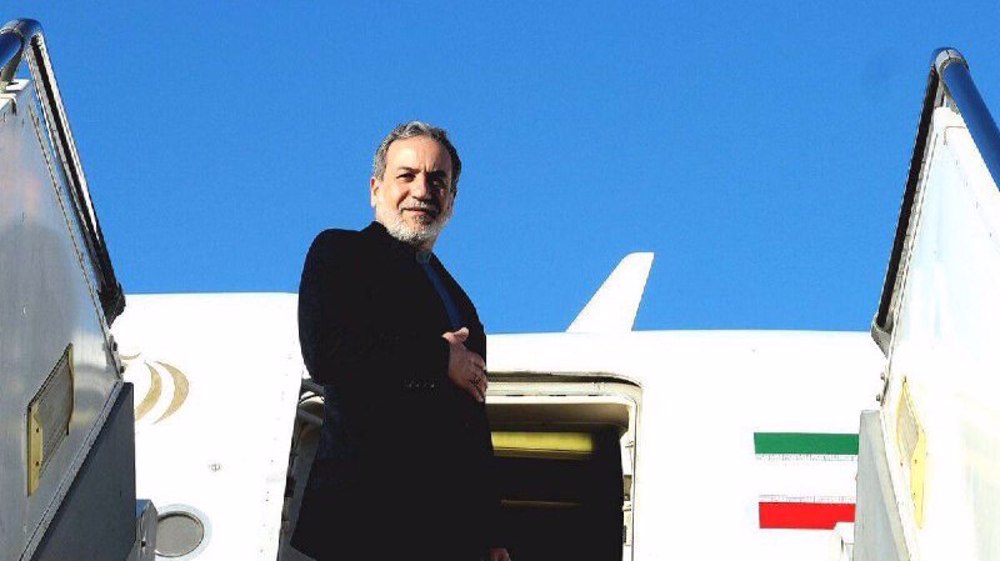
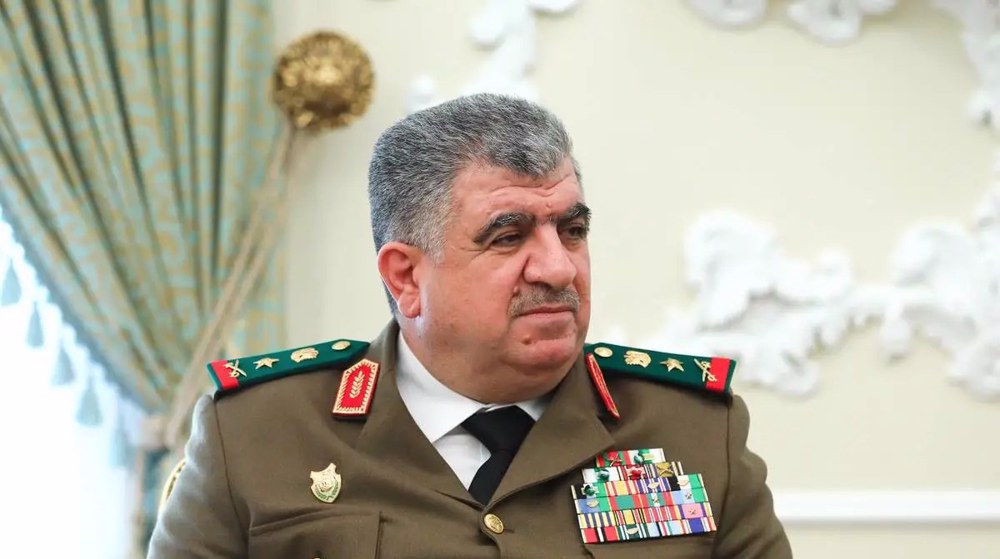
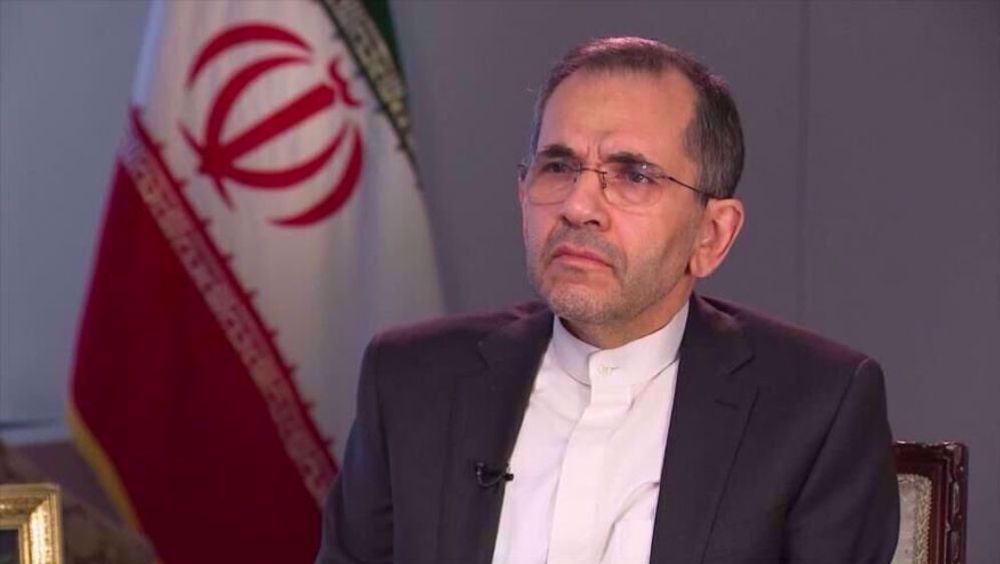
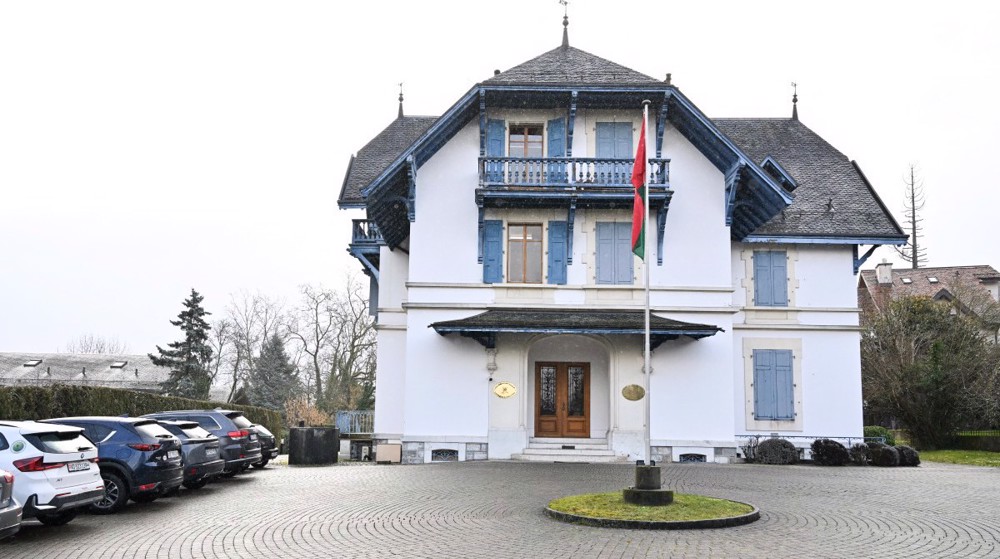
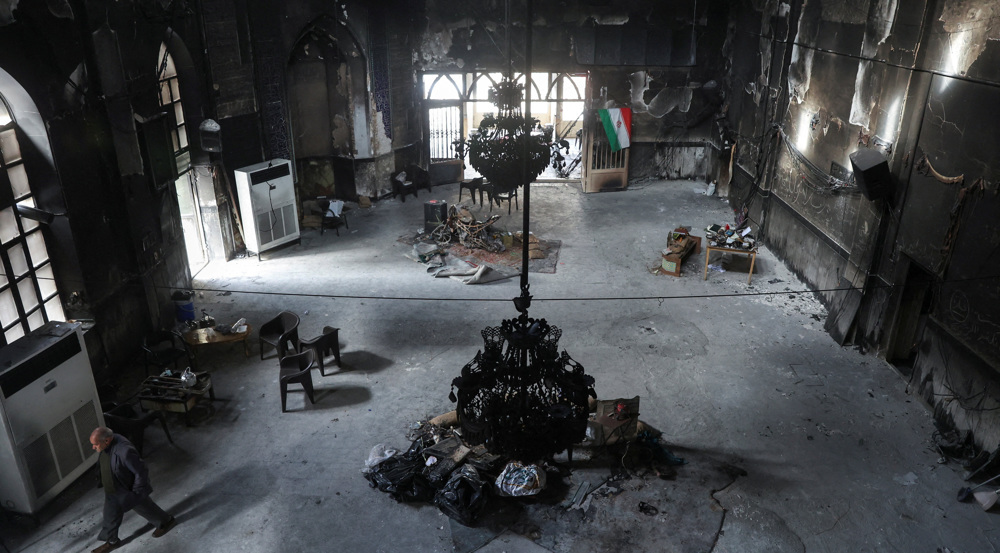



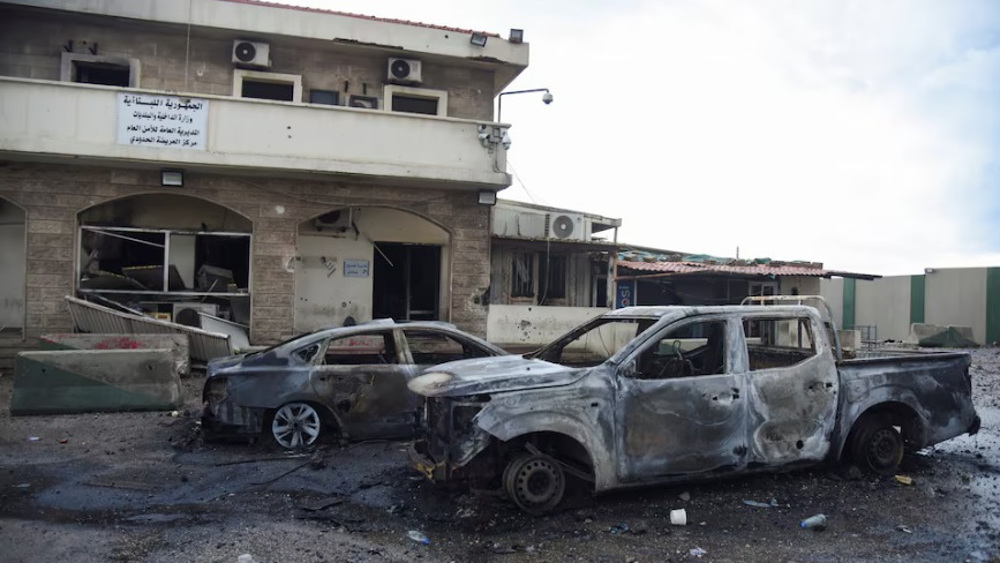

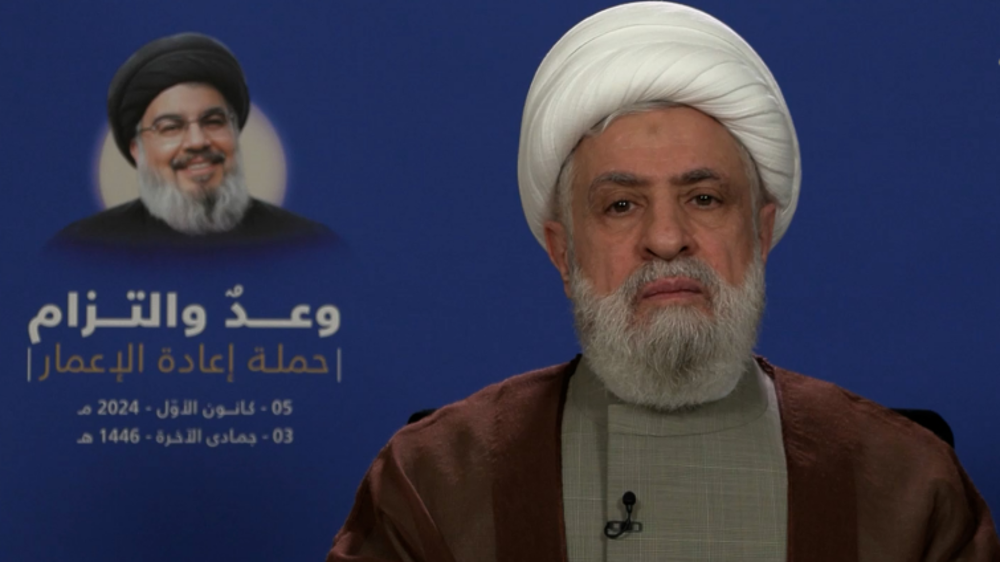

 This makes it easy to access the Press TV website
This makes it easy to access the Press TV website